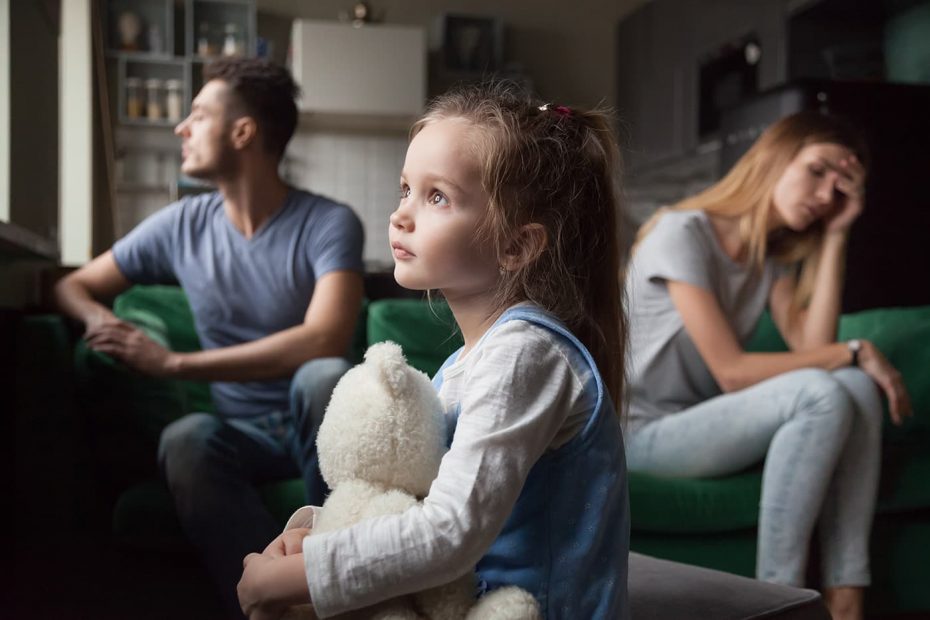During a divorce, prioritising the well-being of children is paramount. As an expert in family dynamics and child development, I recommend several key actions to support children through this challenging time:
- Open and Honest Communication: Maintain open and honest communication with your children about the divorce in an age-appropriate manner. Reassure them that the divorce is not their fault and that both parents still love them unconditionally. Encourage them to ask questions and express their feelings, validating their emotions and providing comfort and support.
- Maintain Stability and Routine: Children thrive on stability and routine, especially during times of upheaval. Strive to maintain consistent routines as much as possible, including mealtimes, bedtime routines, and extracurricular activities. This helps provide a sense of security and predictability amid the changes associated with divorce.
- Minimise Conflict and Exposure to Disputes: Shield children from parental conflicts and disputes to the extent possible. Avoid arguing or discussing contentious issues in front of them, and refrain from speaking negatively about the other parent. Instead, focus on promoting a positive co-parenting relationship and fostering a supportive environment for the children.
- Encourage Healthy Coping Strategies: Encourage children to express their emotions and cope with the divorce in healthy ways. Provide outlets for them to process their feelings, such as journaling, drawing, or engaging in physical activities. Additionally, model healthy coping strategies yourself, demonstrating resilience and adaptability in the face of adversity.
- Maintain Parental Involvement and Support: Emphasise the importance of maintaining strong relationships with both parents, regardless of the changes in family structure. Facilitate regular contact and visitation with the non-custodial parent, ensuring that children feel loved and supported by both parents. Collaborate with your ex-spouse to coordinate parenting schedules and transitions smoothly.
- Seek Professional Support: If children are struggling to cope with the divorce, consider seeking professional support from a therapist, counselor, or family mediator. These professionals can provide specialized guidance and interventions to help children navigate their emotions and adjust to the changes in their family dynamics.
- Empower Children with Choices and Input: Empower children by involving them in age-appropriate decisions and giving them a voice in matters that affect their lives. Solicit their input on issues such as living arrangements, visitation schedules, and holiday plans, allowing them to feel a sense of control and ownership over their circumstances.
By prioritising the emotional well-being and stability of children during a divorce, parents can help mitigate the adverse effects of this challenging life transition. Through open communication, consistency, and support, children can navigate the divorce process with resilience and emerge stronger and more resilient in the long run.

